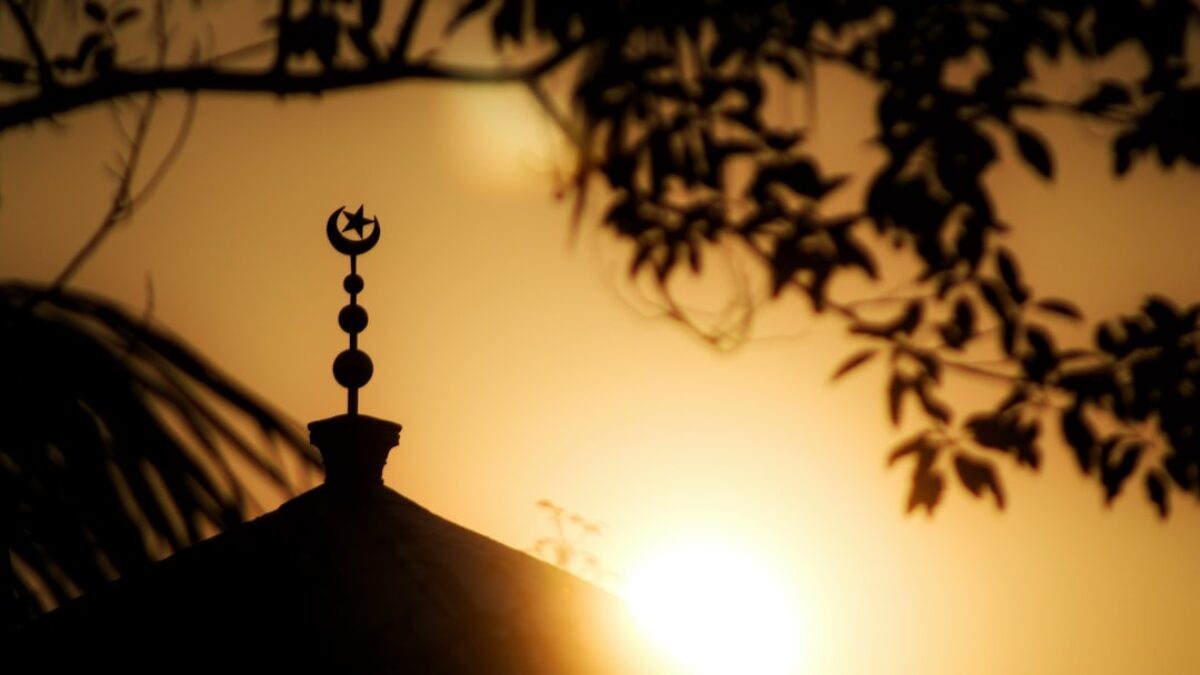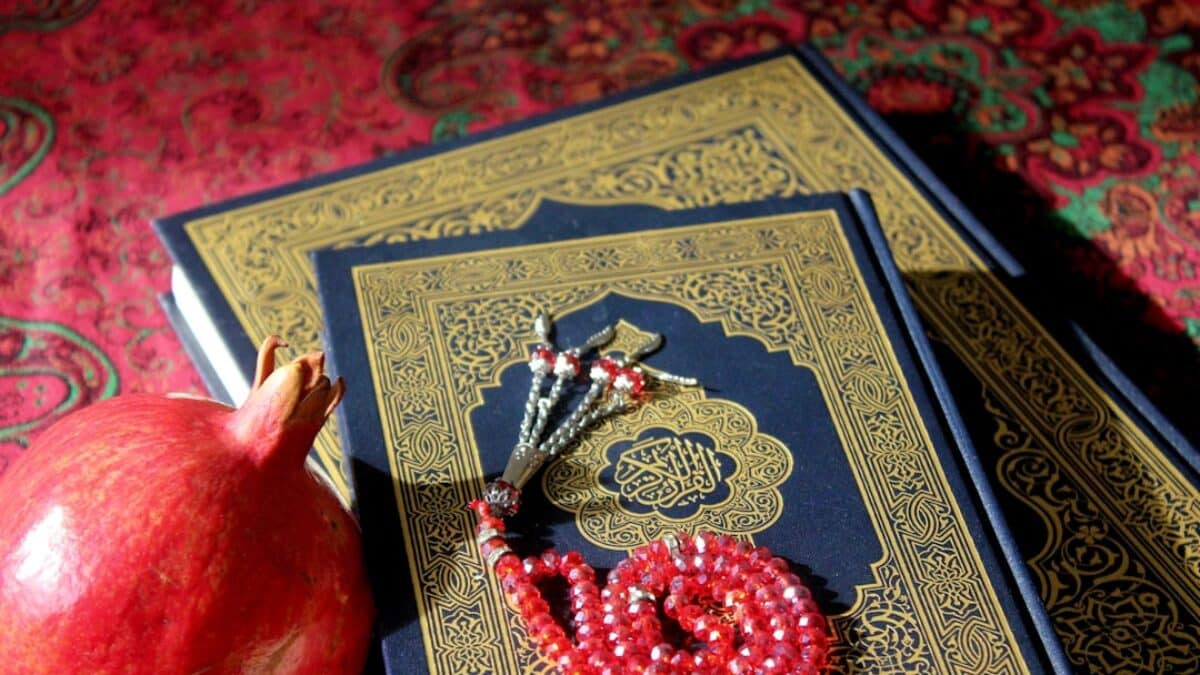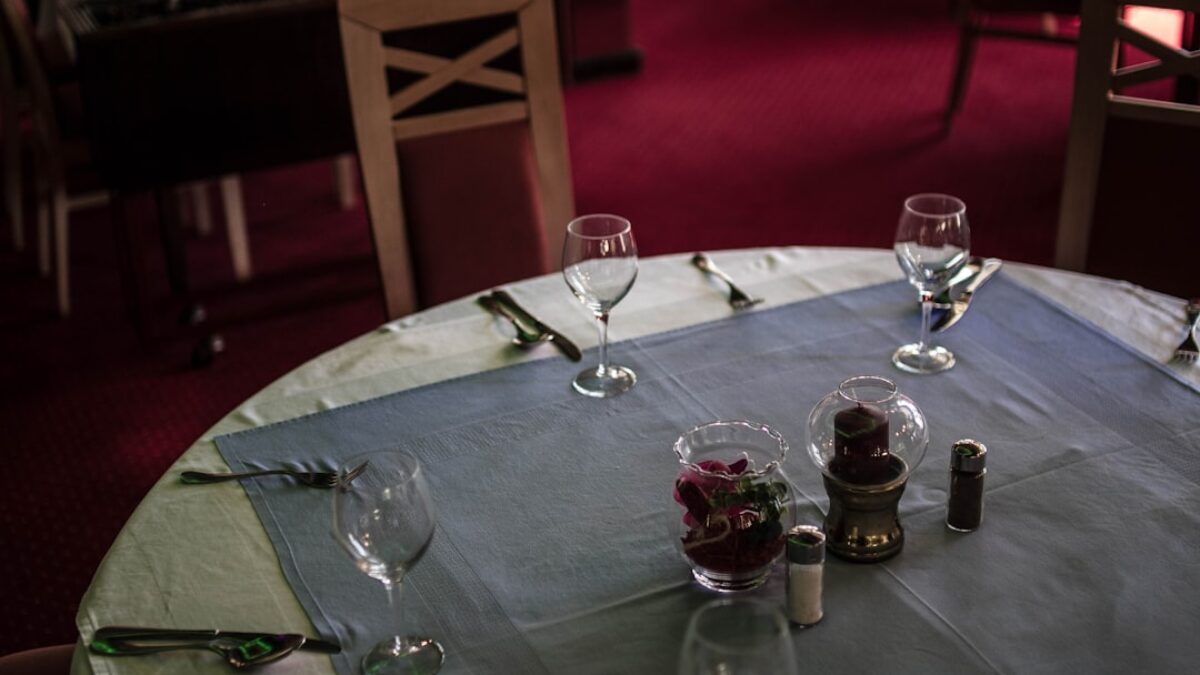Ramadan arrives like a gentle tide—pulling us inward, lifting our gaze upward, and inviting the heart to remember why it was created. Every hunger pang, every pre-dawn suḥūr, every recitation of the Qur’an is an opportunity to pause, reflect, and renew. Yet in the rush of ifṭār invitations and nightly prayers, the deeper purpose of Ramadan can become blurred. Below are 15 powerful spiritual reflection ideas—each designed to help you turn ordinary moments into extraordinary encounters with Allah, deepen your faith, and leave the month with a soul more awake than it entered.
Understanding Ramadan as a Season of Reflection
Unlike any other month, Ramadan compresses time and magnifies intention. The Prophet ﷺ said, “When Ramadan begins, the gates of Paradise are opened, the gates of Hell are closed, and the devils are chained.” This ḥadīth is not merely symbolic; it announces a divinely engineered space for self-scrutiny. Reflection—tafakkur—is therefore not an optional side activity; it is the very engine that converts fasting from physical abstinence into spiritual elevation. When we reflect deliberately, we uncover hidden assumptions, heal forgotten wounds, and recalibrate our life’s compass toward Allah.
Key Components of Effective Ramadan Reflection
1. A Heart Primed by Taqwa
Taqwa—God-conscious awareness—is the fertile soil in which reflection takes root. Without it, the mind races through dhikr yet remains untouched by its meanings.
2. Sacred Time Blocks
Allocate at least 15–20 undistracted minutes daily after Ṣalāh or before suḥūr. Guard this slot like a priceless appointment with the King of Kings.
3. Prophetic Methodologies
- Muḥāsaba—self-auditing at day-end
- Murāqaba—vigilant awareness that Allah sees you now
- Tafakkur—contemplative pondering on creation and revelation
15 Powerful Ramadan Spiritual Reflection Ideas
1. The Sunrise Sūrah Study
Each morning before Fajr, read and journal on a single sūrah or passage that mentions light (e.g., Sūrah al-Falaq, 24:35–40). Ask: What darkness in my life needs this light right now? Write a three-sentence action plan to illuminate it.
2. The Hunger Dialogue
While waiting for the adhāof Maghrib, place your hand on your empty stomach and ask:
- What cravings of my nafs remain unchallenged outside Ramadan?
- How can I transfer the discipline of hunger to other impulses—anger, gossip, envy?
Conclude with the duʿāʾ: “O Allah, let this hunger be a proof for me, not against me.”
3. Qur’an Journaling with the 4-Color Pen Method
- Red—verses about Allah’s names; write a one-line reflection on how that name shows up in your day.
- Blue—commands; choose one to implement within 24 hours.
- Green—promises; craft a personal duʿāʾ claiming that promise.
- Black—warnings; identify a modern example and make istighfār.
4. The Five-Pillar Personal Check-Up
| Pillar | Reflection Questions | One Small Upgrade |
|---|---|---|
| Shahāda | Where have I acted as if Allah were not enough? | Recite the shahāda 100 times with presence after Fajr. |
| Ṣalāh | Which prayer feels most like a chore and why? | Add one voluntary rakʿah before that ṣalāh for 10 days. |
| Zakāh | What am I still clinging to that could purify my wealth? | Calculate and give ṣadaqah daily, even if a dollar. |
| Ṣawm | How can I fast with all my limbs—eyes, ears, tongue? | Choose one limb each day and guard it intentionally. |
| Ḥajj | What “migration” is Allah asking of me this year? | Plan a mini-ʿumrah or donate to someone going. |
5. The Secret Good Deed Box
Label a small envelope “For Allah’s Eyes Only.” Each day drop in a note describing an anonymous act you performed—an encouraging text, a paid parking meter, a forgiven slight. Open the box on Laylat al-Qadr and let the unseen become your private Laylat al-Qadr ledger.
6. 99-Name Daily Immersion
Recite three names each suḥūr, then ask:
- How did Allah show me this attribute yesterday?
- Where can I emulate it today (e.g., Al-Ghaffār → forgiving a sibling)?
By Eid you will have circled all 99 names with lived experience.
7. The Forgiveness Letter
Write a letter to someone you struggle to forgive. Do not send it. Instead, read it aloud after Ṣalāh, tear it into pieces, and flush it—symbolically releasing the grudge. Follow with two rakʿahs of shukr for the freedom you just tasted.
8. Night-Prayer Intention Reset
Between every two rakʿahs of Tarāwīḥ, pause and renew an intention: “I’m standing because…” Vary it—love, gratitude, hope, awe. This micro-reflection keeps the body moving and the heart awake.
9. Digital Sunset Hour
One hour before ifṭār, power down every screen. Sit by a window and listen to the world wind down. Count five signs of Allah’s artistry you rarely notice—shadow length, birdsong, wind direction. Let each observation become a tasbīḥ.
10. The Legacy Mind Map
On a large sheet draw a circle titled “After My Death.” Branch out with:
- Knowledge I want to leave
- Charity that continues
- Children raised in Allah’s love
- People who remember me in duʿāʾ
Use this map to set one Ramadan deliverable—e.g., record a 10-minute parenting advice video for your child’s future self.
11. Prophetic Smile Tally
Keep a pocket counter. Every genuine smile aimed at a family member or stranger, click once. Target 100 smiles the month. At ifṭār review: Which smile changed someone’s posture toward me?
12. Qur’an Memorization with Context Contemplation
After memorizing an āyah, study its asbāb al-nuzūl (occasion of revelation). Ask: What parallel “occasion” exists in my life today?
Recite the āyah in that new context, letting the ancient word pierce the modern moment.
13. The Suhūr Supplication Lab
Create a duʿāʾ playlist: record yourself reciting personal prayers in your own words (health, family, ummah). Play it softly during suḥūr preparation. The familiarity will help you pray while half-asleep, training the tongue and heart to remain connected.
14. Gratitude Walk After ʿIshāʾ
Step outside for ten minutes under the Ramadan night sky. With every step say: “Alḥamdulillāh for ___,” naming something specific—warm water, a working kidney, a friend who texted. End with “Alḥamdulillāh for guidance to do this walk.”
15. The Post-Eid Letter to Ramadan
On the morning of Eid, write a letter addressed “Dear Ramadan.” Thank it for the gifts received—new habits, forgiven sins, restored relationships. Seal it and schedule in your calendar to read next Shaʿbāas a preparatory nostalgia.
Practical Applications: How to Integrate These Ideas Seamlessly
Micro-Habits That Stick
- Anchor the reflection to an existing ritual (e.g., right after brushing teeth for Fajr).
- Shrink the task to two minutes initially; expand after momentum builds.
- Stack reflections—pair the Gratitude Walk with listening to the Qur’an playlist.
Family Reflection Circles
Once a week, gather 15 minutes before ifṭār. Each person shares one reflection from the week using “I felt Allah when…” structure. Children internalize Ramadan as a living relationship, not a set of rules.
Digital Accountability Tools
- Create a private WhatsApp group with two friends titled “Ramadan Reflections.”
- Post daily a 30-second voice note summarizing your chosen reflection idea.
- React only with emojis of ṣalawāt to keep the space serene.
Benefits and Importance
Neuroscience confirms that intentional reflection rewires the brain, moving experiences from short-term memory to long-term identity. Spiritually, this rewiring is called taḥqīq al-ʿilm—making knowledge a reality within the soul. When practiced consistently, these 15 ideas:
Transform Ramadan from a month of restraint into a lifetime of renewal. Build an internal reference library of personal revelation—moments where Allah spoke you into deeper knowing. Produce a momentum effect: post-Ramadan sins feel heavier, making return to Allah quicker and easier.
Frequently Asked Questions
What if I miss a day or fall behind?
Skip the guilt—it is a trick of the nafs. Treat the lapse as data: ask why it happened (oversleeping, overcommitment) and redesign tomorrow’s trigger. Ramadan mercy is vast enough to absorb imperfect attempts.
Can children participate in these reflections?
Absolutely. Adapt the complexity: for “Hunger Dialogue,” ask a child, “What toy did you want today but could say no to?” Use storybooks for Sunrise Sūrah Study—many illustrate Qur’anic themes in child-friendly language.
How do I maintain privacy while journaling or writing letters?
Use a password-protected note app or keep a physical notebook in a dedicated Ramadan bag. Teach family members that the bag is ḥarām to open, modeling boundary respect from Prophetic etiquette: “Part of a man’s good observance of Islam is leaving what does not concern him.”
Is it bidʿah (innovation) to invent these reflection methods?
As long as core worship timings and obligations remain untouched, creative reflections are praiseworthy ijtihād. The Companions used pebbles to count dhikr; we use counters and apps—means change, intention to draw nearer to Allah does not.
How can I continue after Ramadan without feeling overwhelmed?
























Post Comment